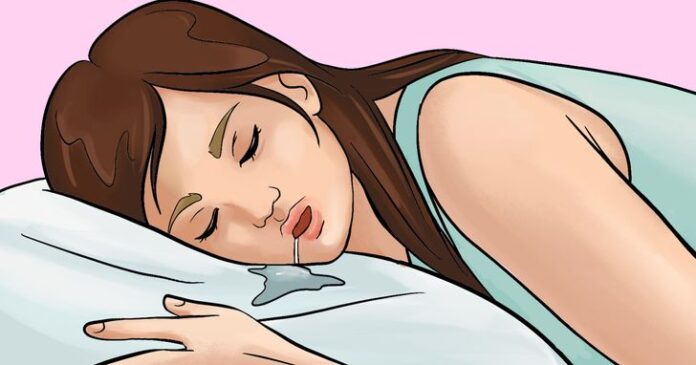
Drooling is when there is excess saliva that comes out of the mouth of a person and every once in a while we all do this. But did you know that it can be a symptom of a developing disease or other malfunction taking place in the body when this condition happens frequently and excessively?
Why do we drool?
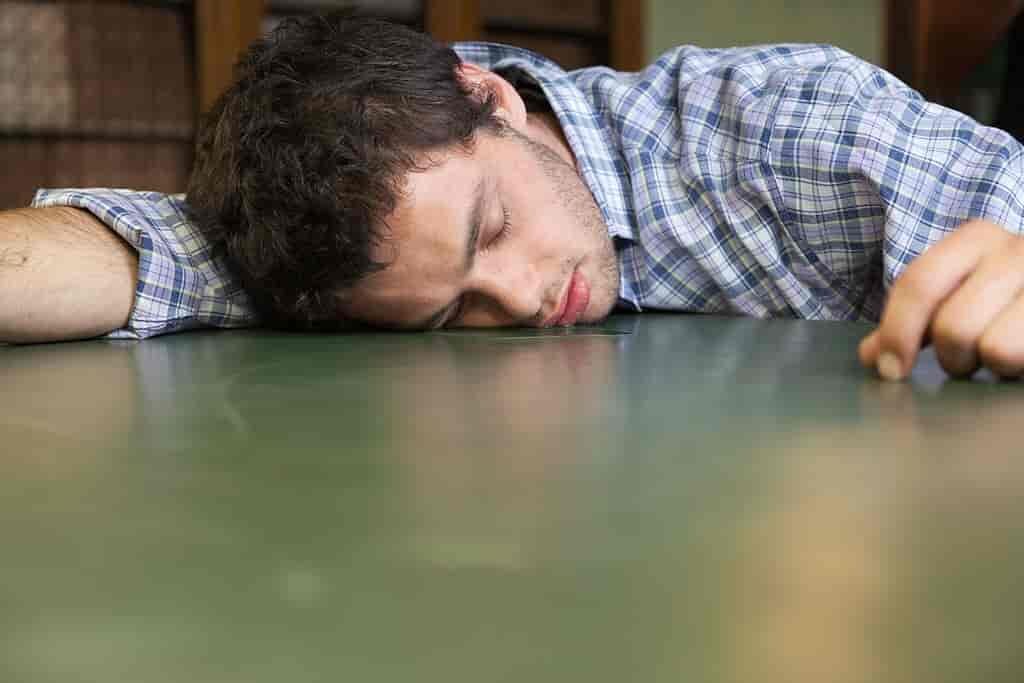
Our facial muscles, as well as our swallowing reflexes, are completely relaxed while we sleep. It will slowly start to drip because the relaxed facial muscles can lead to a slightly open mouth. After all, saliva accumulates in the mouth as we sleep. Therefore, we end up with a wet pillow to sleep on, which is not very convenient.
A symptom of a neurological disorder or the effect of nasal congestion may be excess drooling or hypersalivation. Often, individuals who already have health conditions, such as a stroke, appear to drool more frequently and more excessively.
How to reduce or stop drooling?
1. Clear your sinuses.
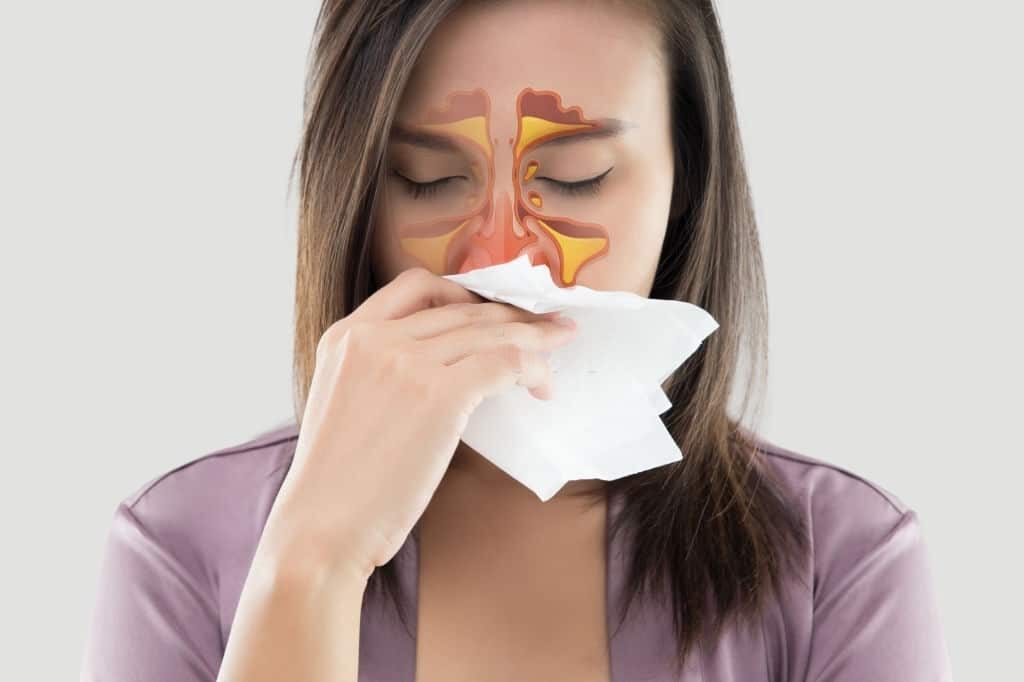
A blocked nose, which makes a person breathe through his or her mouth and can contribute to drooling, is one of the key reasons for drooling. A good way out of making a wet pillow every night may be to clean and unblock nasal sinuses. Here are several ways to unclog your sinuses that can help:
- A hot shower clears the nose and enables regular nighttime breathing.
- Essential oils, especially those containing eucalyptus, will help you to breathe more freely and help you to sleep better.
- It will unclog the nose and allow for improved airflow using products that help clear sinuses like Vick’s Vaporub.
Often, if it happens, make sure that you handle every nasal infection. Otherwise, you could end up with different problems, such as an eternally clogged nose.
2. Change your sleeping pose.
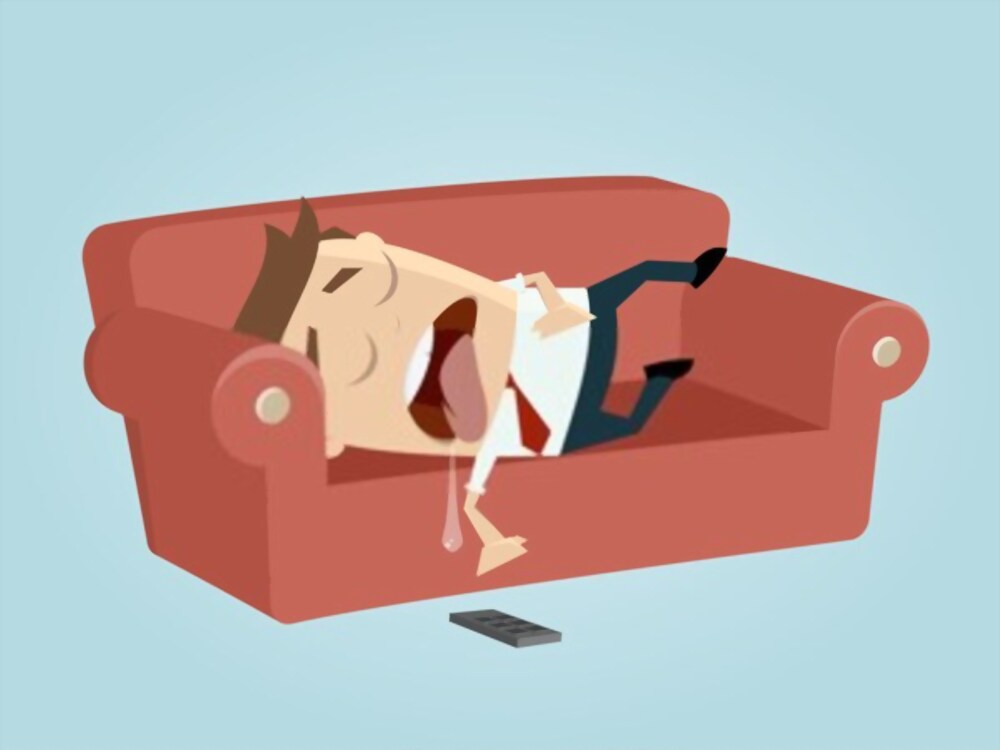
This may sound pretty straightforward, but sleeping on your back is a pose where your body’s whole saliva remains in your mouth and doesn’t drool out. In comparison, whether you sleep on your side or your back, the accumulated saliva may leak out of your mouth and onto the pillow.
Try tucking yourself in to relax your body if you feel it’s too hard to stay in one place for the whole night.
3. Check for sleep apnea.

Sleep apnea is a serious condition in which the breathing of a person does not go as well as it should. This, in fact, leads to regularly disturbed sleep, waking up at night, feeling exhausted in the morning, and feeling sleepy all day long.
The big signs of getting sleep apnea are drooling and snoring. If you think you might have this disease, contact your doctor to discuss it in detail. Recall that factors such as smoking raise the likelihood of developing the disease and breathing problems in general.
4. Lose extra weight.
In your sleeping phase, extra weight plays a crucial role. In the USA, more than half of the population suffering from sleep apnea is overweight.
5. Use special devices.
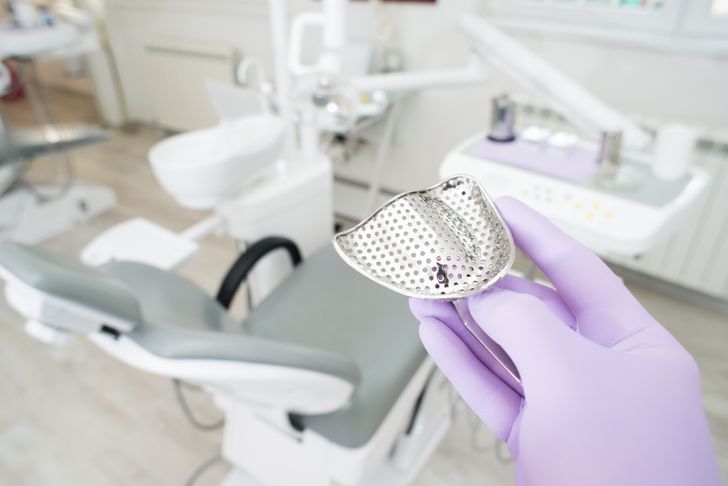
A doctor’s appointment will help you get the right device for your mouth to help minimize drooling. There may be various dental appliances that provide a better closing of the mouth or assist with swallowing, thereby helping you get better sleep.
6. Make sure you take the right medicine.

If you are taking some drug, make sure the production of excess saliva is not caused by it. For instance, some antibiotics may trigger hypersalivation and be the reason for excess drooling.
7. Keep your head up.

When you’re sleeping, putting your head on a higher pillow will minimize drooling. But before you go to bed, remember to fluff up your pillow and make sure you feel relaxed lying on it.
8. Consider getting surgery.

Doctors may often suggest having surgery and removing the glands. When there are severe neurological disorders hidden behind hypersalivation, it generally occurs. Of course, every doctor would want to first try non-surgical procedures before doing it and give surgery just in case the first ones don’t help.
Is drooling something that very much happens to you? Will you follow any of the article’s recommendations? In the comments, please tell us about it!
Illustrated by Alena Tsarkova source
